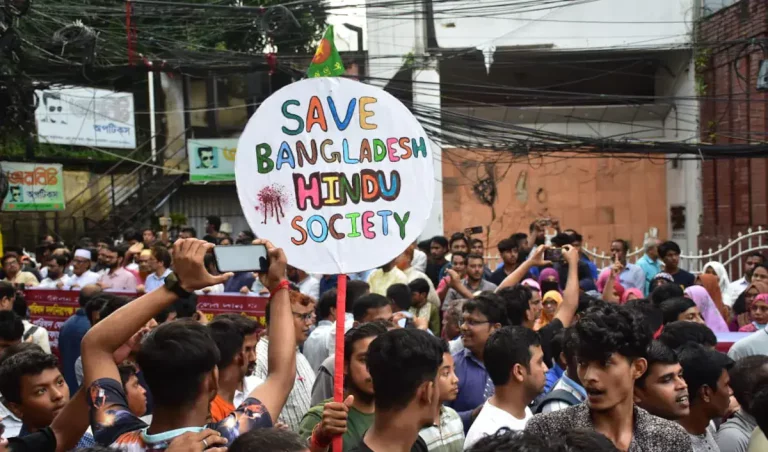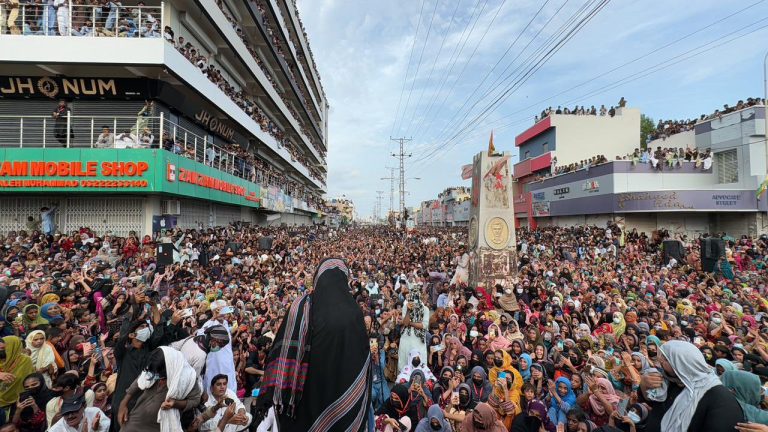The Jammu and Kashmir Police have successfully dismantled a terror module responsible for aiding cross-border terrorists in their infiltration efforts. On Monday, officials announced the arrest of nine individuals linked to this network. The module was operating in Kathua district and was involved in facilitating terrorist movements in the upper regions of Doda, Udhampur, and Kathua districts along the India-Pakistan border.
Key Arrests
Among those arrested are Mohammad Lateef, alias Haji Lateef, who is identified as the kingpin of the module, and his associates Akhter Ali, Saddam, Kushal, Noorani, Maqbool, Liaquat, Kasim Din, and Khadim. These individuals hail from various villages including Ambe Naal, Bhadu, Juthana, Soffain, and Kattal in the Billwara belt of Kathua district. The police have described the arrests as a significant breakthrough in their counter-terrorism efforts.
The police spokesperson said, “Lateef, the leader of the module, was actively communicating with terrorist handlers across the border and played a crucial role in coordinating the entry of foreign terrorists into India via the Samba-Kathua sector.”
The module was reportedly involved in providing initial shelter, food, and logistical support to terrorists, and guiding them through the mountainous and jungle areas of Udhampur, Kathua, and Doda districts, particularly around Kailash Mountain, a central location for these operations.
Terrorist Assistance
According to police, the arrested individuals confirmed that three terrorists killed in the Gandoh encounter had received assistance from the module. Notably, three terrorists from Pakistan, implicated in attacks on security forces, were neutralized on June 26 in the Gandoh area of Doda district.
The J&K Police, leveraging leads from central agencies and their own investigations, have exposed the primary module behind recent infiltration activities, which have led to increased terrorist movements in the upper reaches of Doda, Udhampur, and Kathua.
Ongoing Investigation
The police spokesperson added that over 50 residents are currently under investigation for their connections to the arrested terrorists, including those who provided shelter, food, or communication assistance. While some residents did not report their interactions with terrorists, others allegedly accepted money in exchange for favors. Those who reported their contacts with terrorists promptly are considered innocent, whereas individuals with prior connections to terrorists and their handlers are being scrutinized for potential liability.










